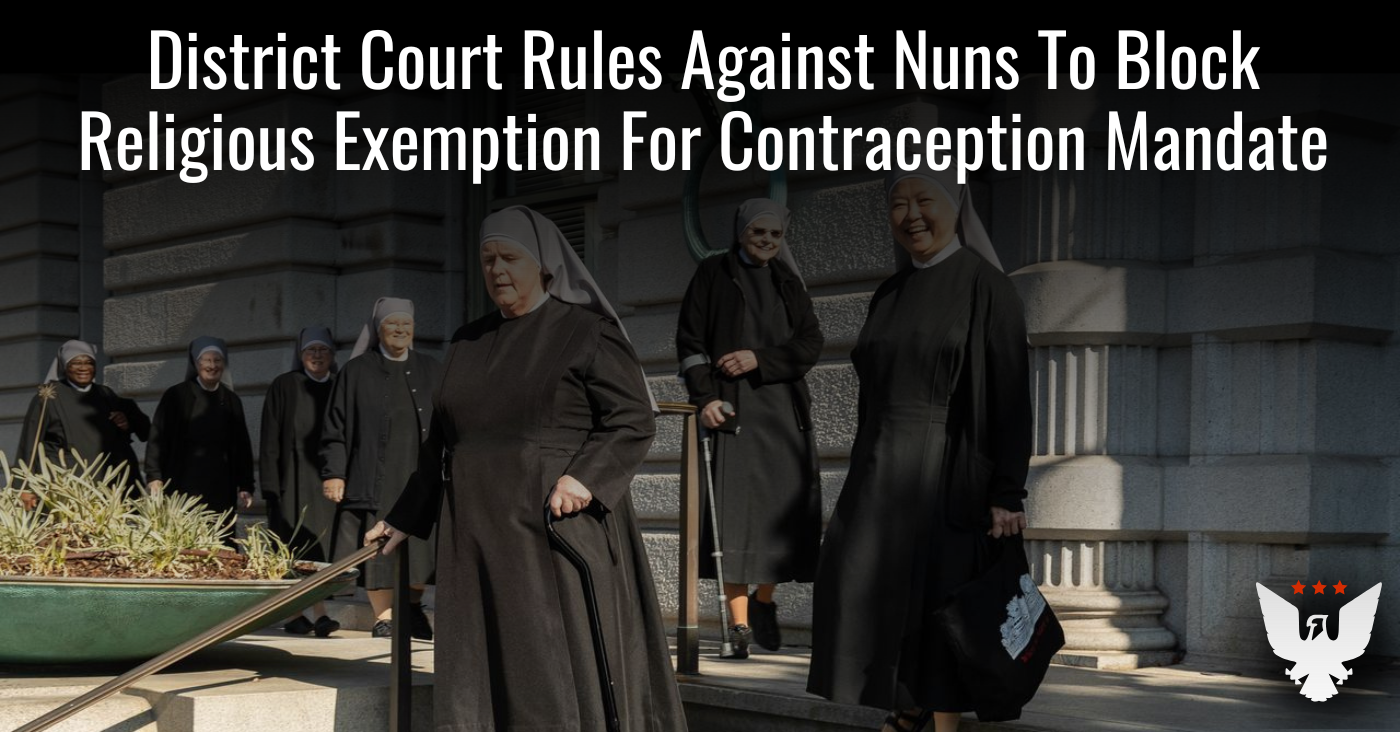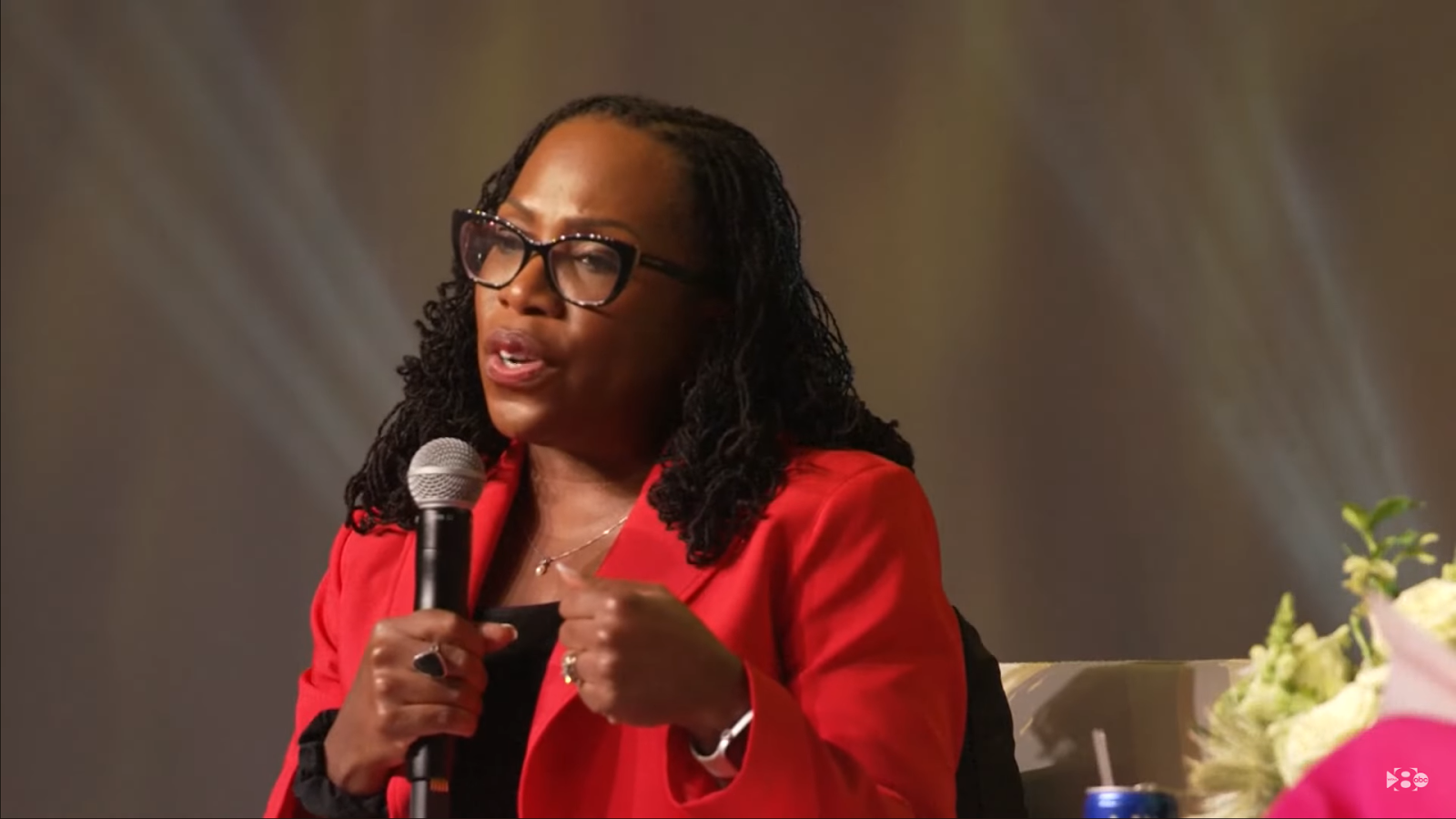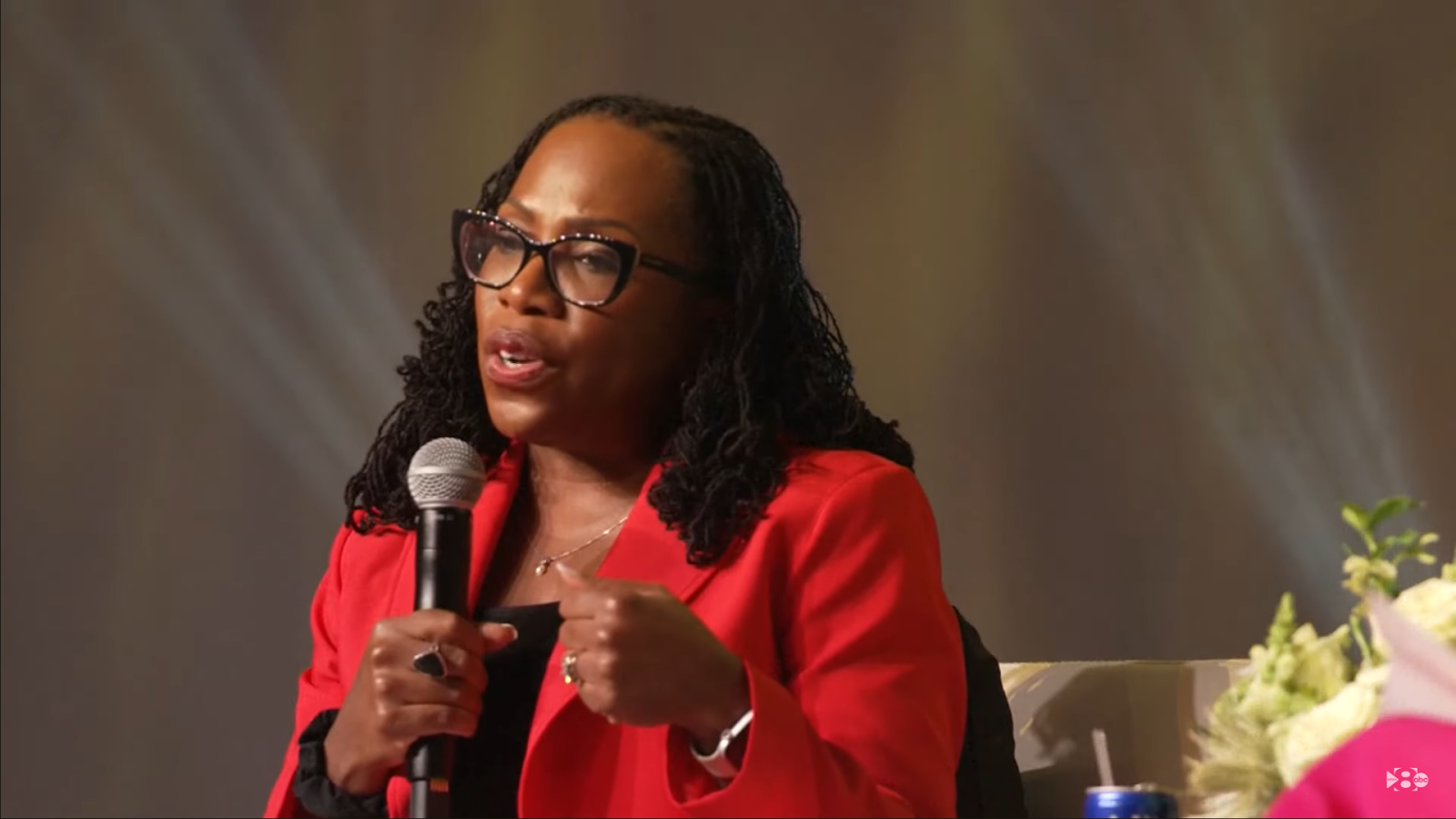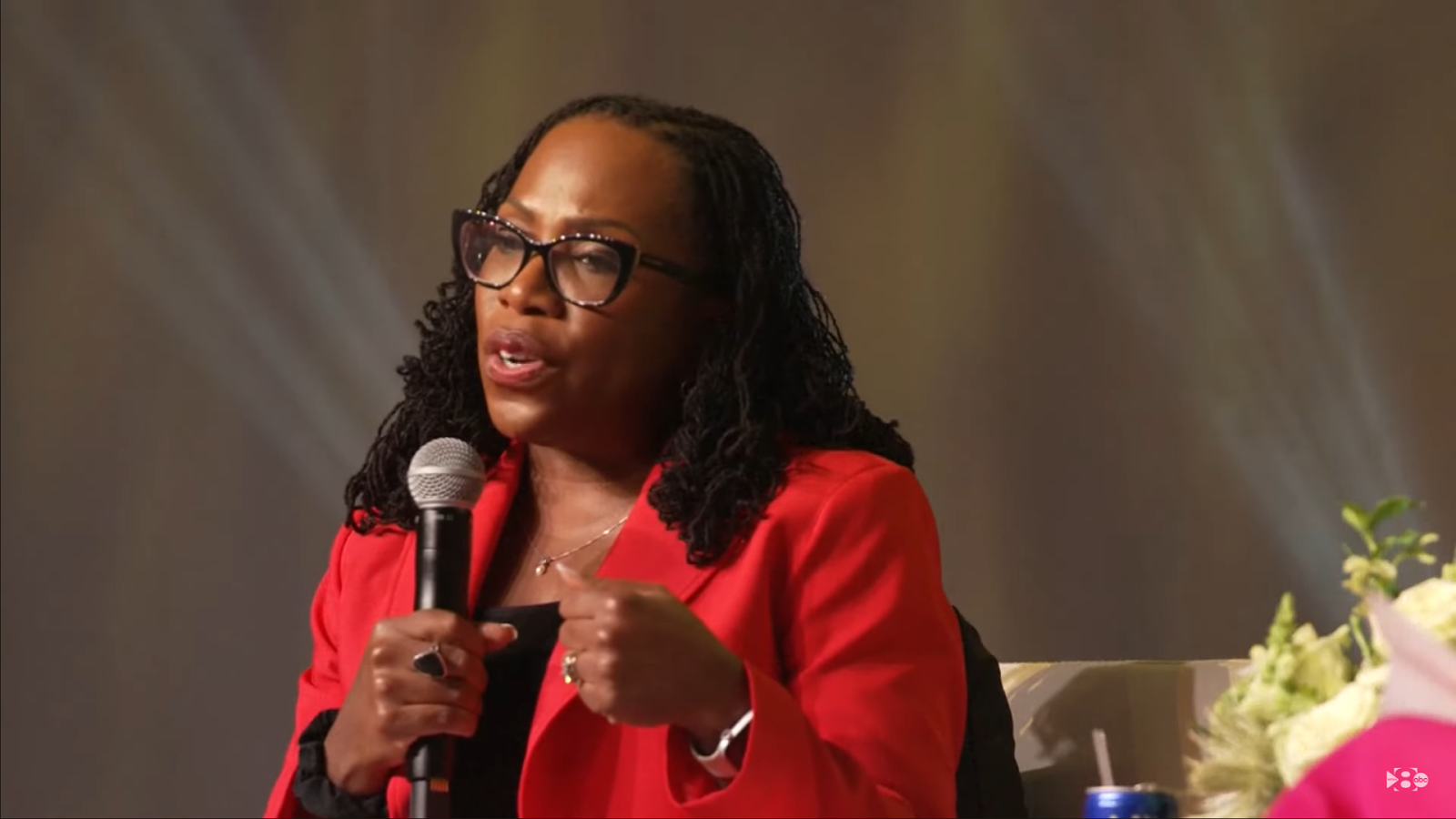A federal district court in Philadelphia ruled against the Little Sisters of the Poor and the Trump administration on August 13, 2025, blocking exemptions that would allow religious groups to avoid covering birth control costs in their health plans.
The ruling stems from a lawsuit filed by Pennsylvania and New Jersey against the Trump administration, which had previously granted religious exemptions to the Affordable Care Act’s (ACA) contraception mandate. The Little Sisters of the Poor, a Catholic charity, intervened in the case, seeking to maintain their exemption from providing contraceptive coverage.
District Judge Wendy Beetlestone issued a summary judgment stating that the rules established in 2017 were “arbitrary, capricious, and an overreach of the authority of the agencies that wrote them.” This decision blocks what critics describe as a significant religious and moral carve-out to the ACA’s contraception requirement.
Mark Rienzi, president of the Becket Fund and lead attorney for the Little Sisters, expressed disappointment with the ruling. “It’s bad enough that the district court issued a nationwide ruling invalidating federal religious conscience rules. But even worse is that the district court simply ducked the glaring constitutional issues in this case,” he said.
The Little Sisters of the Poor have been embroiled in legal battles over the contraception mandate for 14 years. The conflict began in 2012 when the ACA was amended to require employers to include contraceptives and abortifacients in their health care plans, without any religious exemptions for organizations like the Little Sisters.
In 2016, the U.S. Supreme Court ruled unanimously in favor of the Little Sisters, allowing them to opt out of providing contraceptive coverage. The court acknowledged the government’s concession that it could deliver these services without the involvement of the Little Sisters.
In 2017, the Trump administration expanded the exemptions to include guaranteed religious exemptions, but several states continued to challenge this decision. The Little Sisters successfully defended their position in a 2020 Supreme Court ruling and won another case against New York earlier this year.
Despite the recent ruling, the Little Sisters have vowed to appeal to the U.S. Court of Appeals. Rienzi noted the prolonged nature of the litigation, stating, “It is absurd to think the Little Sisters might need yet another trip to the Supreme Court to end what has now been more than a dozen years of litigation over the same issue.”
The case highlights ongoing tensions between religious liberty and healthcare mandates, with supporters of the Little Sisters arguing that their rights to practice their faith should be protected. Critics, however, maintain that access to contraception is a critical component of women’s health care and should not be obstructed by religious exemptions.
As the appeal process unfolds, the implications of this ruling could have significant effects on how religious organizations navigate healthcare mandates in the future.
READ ICE Arrests Convicted Criminals in Nationwide Operation



